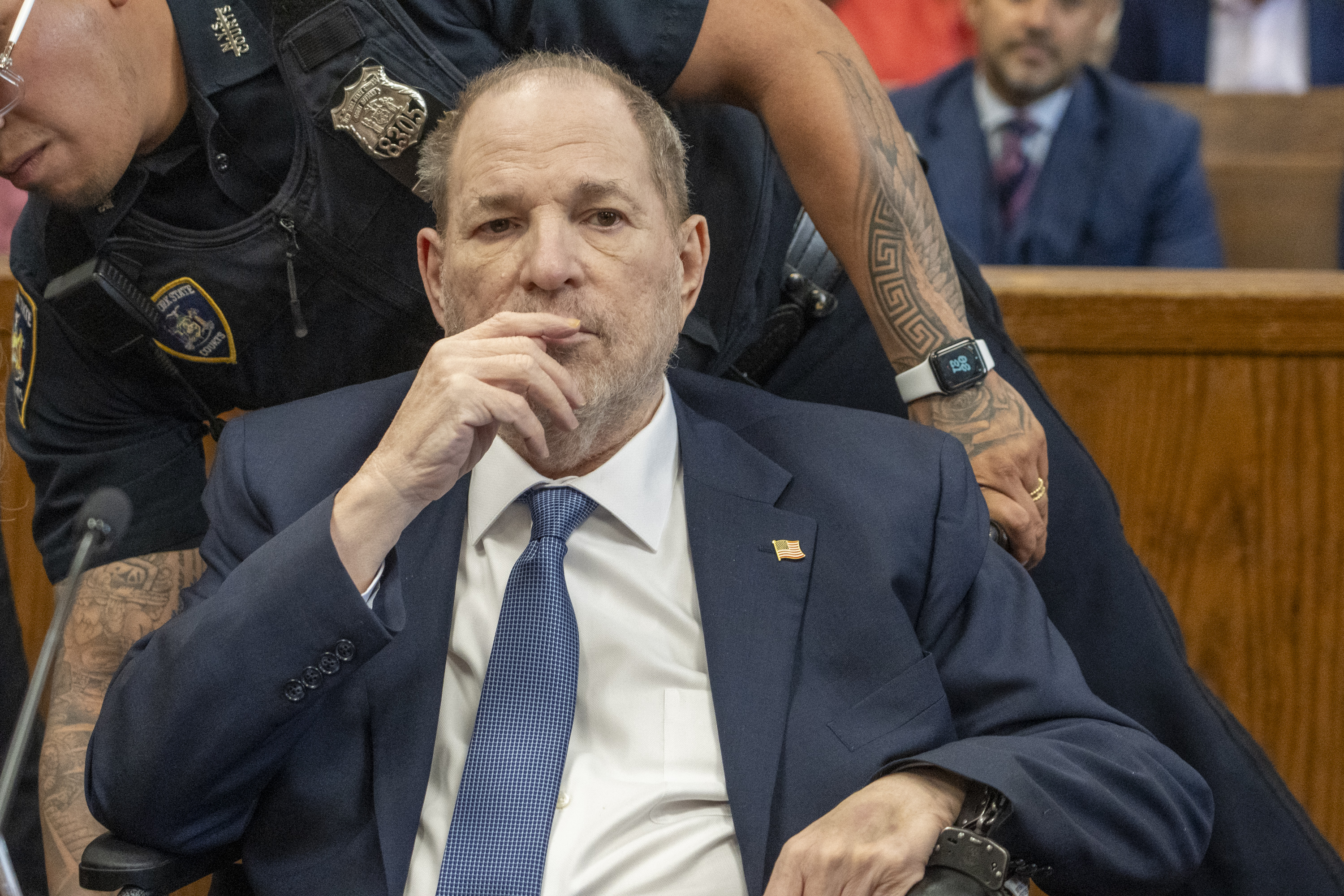Economic headlines suggest a job market that—on the surface—seems full of opportunity. The national unemployment rate of 3.4 percent is the lowest in decades, and some state unemployment rates are even lower. According to the most recent U.S. Department of Labor data, there are 1.6 job openingsfor every unemployed worker.
Yet that same data signals a labor shortage that continues to undermine economic recovery and frustrate worker advancement – with 9.6 million unfilled jobs.
There are plenty of structural factors driving the shortages, including lingering COVID-19 pandemic effects, Baby Boomer retirements, immigration policy, and child care access.
But some factors are more straightforward—with solutions available within the hiring process itself.

Let's start with job requirements. Millions of jobs require something 62 percent of Americans don't have: a college degree.
Communities of color and rural residents are particularly disadvantaged by four-year degree requirements, which shut out 76 percent of Black adults, 83 percent of Latino adults, and 75 percent of rural residents.
Degree requirements make sense for some fields. But for others, a four-year degree is not the only way—or even the best way—to demonstrate competence. For too many job opportunities, a degree requirement is a barrier that overlooks qualified applicants who have gained invaluable skills through vocational training, community college, military service, and on-the-job experience.
States are taking action to tear up this paper ceiling that excludes so many talented applicants. As the governors of New Jersey and Utah, we have implemented policies to prioritize practical experience and skills training over degree requirements for certain state government jobs.
Before our states transitioned to skills-based hiring, hundreds of applicants were turned away for these jobs every year—not because they lack experience, but because they lack a piece of paper from a four-year school.
That's changing.
In New Jersey, about 2,000 of the 5,000 state jobs catalogued by the state's Civil Service Commission required four-year degrees. An Executive Order announced in April launches a review process to reevaluate these requirements and expand access to opportunities for more applicants.
A similar review announced in Utah in 2022 determined that 98 percent of jobs in the state executive branch—or 1,058—do not require a degree.
The governors of Alaska, Arizona, Colorado, Maryland, North Carolina, Pennsylvania, and South Dakota have taken similar actions, and the list of states is growing.
In addition to filling vacancies critical to state governments' ability to serve our citizens, governors aim to spur the private sector to open the door to the millions of Americans who are "Skilled Through Alternative Routes"—or STAR workers. More than 70 million workers, half the U.S. workforce, are considered STARs, according to Opportunity@Work, the worker advocacy nonprofit that coined the term.
Tapping the vast STAR talent pool could help both workers and companies—and address shortages in industries critical to U.S. competitiveness and security, like manufacturing (830,000 openings), construction (390,000), and cybersecurity (700,000).
"Across the nation, we hear from both private sector and public sector employers: 'We can't find the talent we need,'" says Opportunity@Work CEO Byron Auguste. "But at the same time, we hear from STARs across the country: 'I know what I can do, but no one will give me a chance.'"
Some parts of the private sector have already stepped up. Major employers including Accenture, Apple, General Motors, Google, Microsoft, and Walmart have dropped some degree requirements in favor of skills-based hiring. And the trend is growing. The percentage of job listings requiring four-year degrees declined from 51 percent in 2017 to 44 percent in 2021, according to labor market analysis from the Burning Glass Institute.
Our states are home to stellar colleges and universities, and we will continue working to make higher education more accessible and affordable for students who choose that path. For those who don't, we need fresh alternatives.
In addition to rethinking degree requirements, governors are implementing a variety of innovative training and apprenticeship initiatives—coordinating with employers to build programs that align skills development with promising jobs of today and tomorrow.
From skills-based hiring to work-based learning, workforce development practices are due for a reboot. Governors are working to implement historic investments to upgrade U.S. infrastructure, build semiconductor manufacturing capacity, and ensure energy security. But these critical initiatives can't get off the ground without workers.
Unless we take action to better align worker skills with employment requirements, and vice versa, millions of jobs will remain unfilled and the potential of millions of workers unrealized.
Let's get creative about tackling the labor shortage and give more workers their shot at the American Dream.
Governors Phil Murphy (D–NJ) and Spencer Cox (R-UT) are chair and vice chair of the National Governors Association.
The views expressed in this article are the writers' own.
Uncommon Knowledge
Newsweek is committed to challenging conventional wisdom and finding connections in the search for common ground.
Newsweek is committed to challenging conventional wisdom and finding connections in the search for common ground.
About the writer
To read how Newsweek uses AI as a newsroom tool, Click here.








